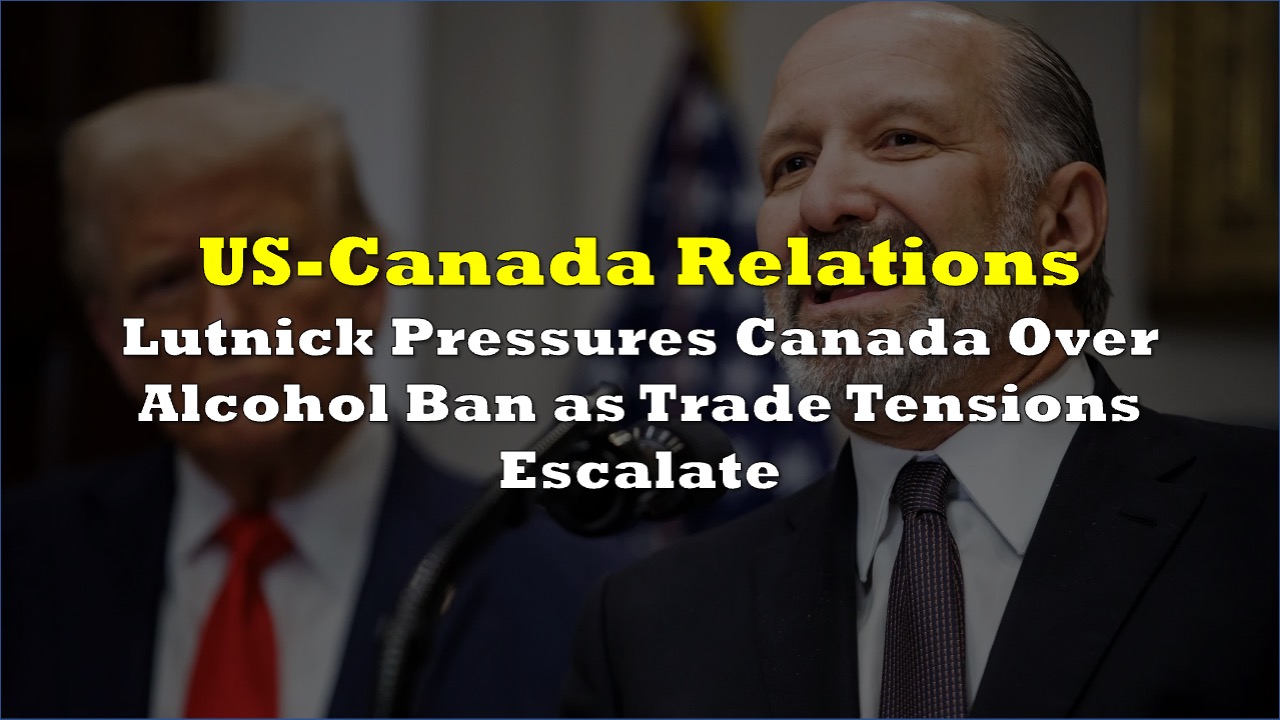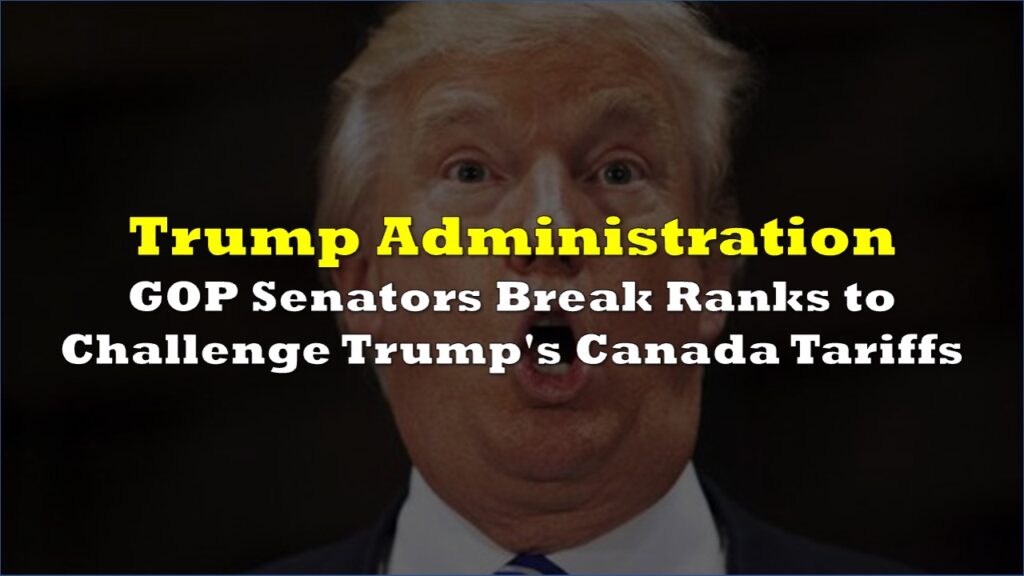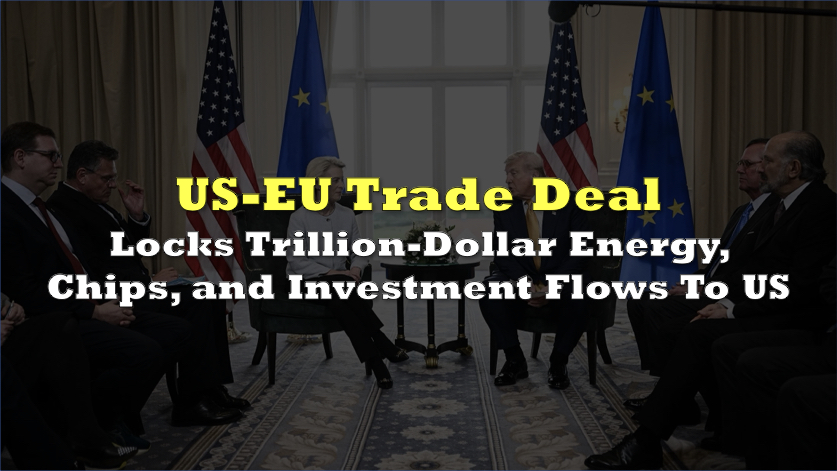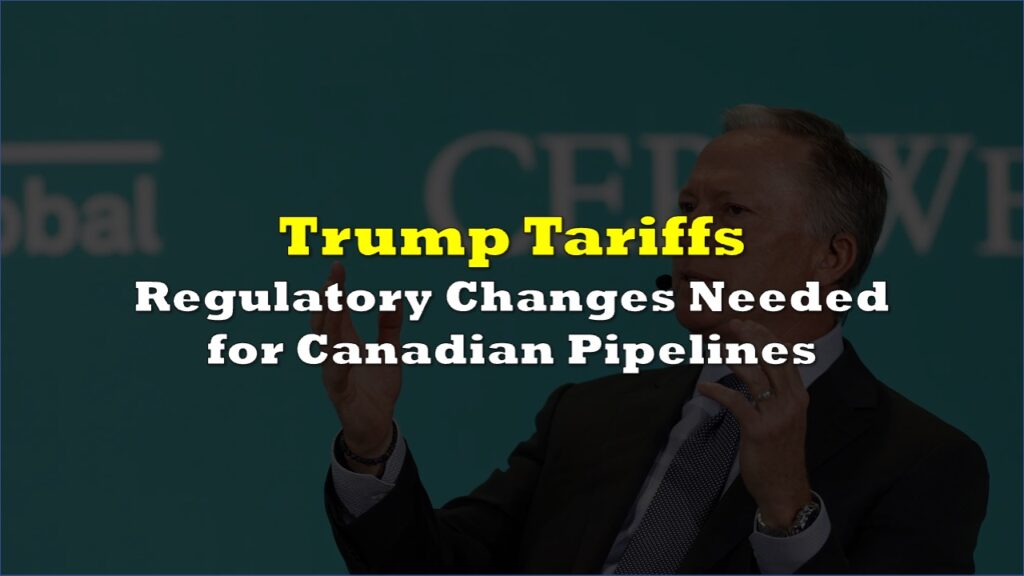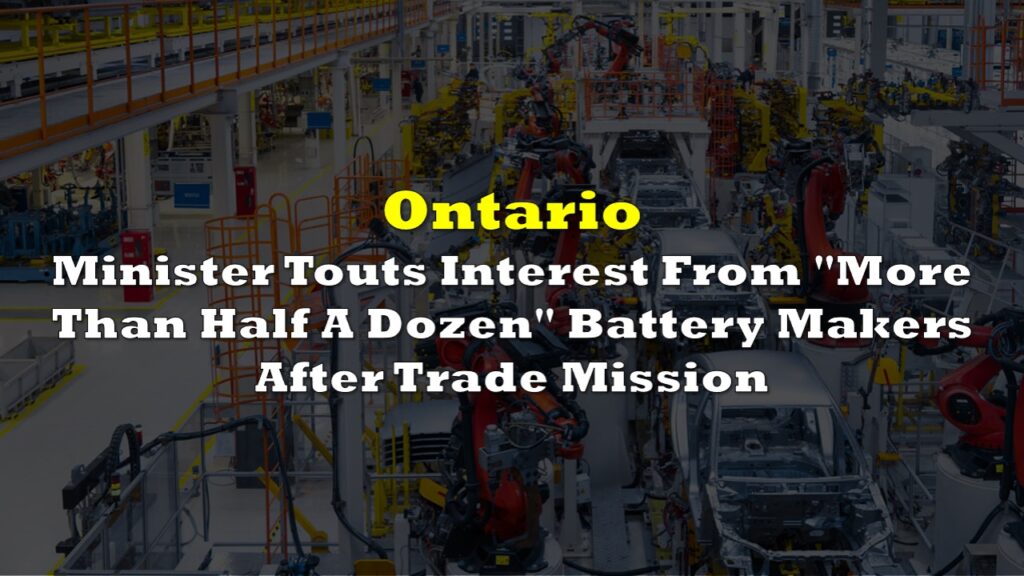US Commerce Secretary Howard Lutnick took an aggressive stance against Ontario’s retaliatory alcohol ban and Canada’s auto manufacturing sector during a closed-door discussion at a US-Canada summit this week, calling the province’s removal of American products from liquor shelves a “negative” that Canada needs to address.
During his virtual remarks to the BMO and Eurasia Group summit, Lutnick indicated the administration seeks to move more vehicle manufacturing to American soil, multiple sources confirmed. He characterized the bilateral relationship as “America first, Canada second.”
Related: Taiwan Contradicts Lutnick on 50-50 Chip Proposal
Ontario Premier Doug Ford responded defiantly, saying the ban on US alcohol will remain “until we get a deal.” He threatened to block American access to Ontario’s critical minerals and energy if the Trump administration moves to damage Canada’s auto, steel, or aluminum sectors.
“I would say it’s a massive threat when you have the secretary of commerce coming out and saying that, and he would only say it if the president gave him the green light,” Ford told reporters on the sidelines of the summit.
Related: Quebec Liquor Board May Destroy $300K in US Alcohol Over Trump Tariffs
Ontario first removed US alcohol from LCBO shelves in February after Trump imposed sweeping tariffs on Canadian imports. While the broader tariff situation has since evolved — with both countries now allowing most goods to enter tariff-free under CUSMA — the US maintains sector-specific tariffs on steel, aluminum, and automobiles. The province sells nearly $1 billion worth of US wine, beer, and spirits annually. Several other Canadian provinces implemented similar alcohol bans in February, though Alberta and Saskatchewan have since lifted theirs.
Related: Ontario Premier Vows to Pull Diageo Brands from Stores Over Plant Closure
Flavio Volpe, president of the Auto Parts Manufacturers Association, expressed concern over Lutnick’s position on vehicle manufacturing. “The commerce secretary is focused on having those cars made in the US and he thinks that might be zero-sum in Canada,” Volpe said. “I don’t agree with that, the government of Canada doesn’t agree with that.”
Information for this story was found via the sources and companies mentioned. The author has no securities or affiliations related to the organizations discussed. Not a recommendation to buy or sell. Always do additional research and consult a professional before purchasing a security. The author holds no licenses.

